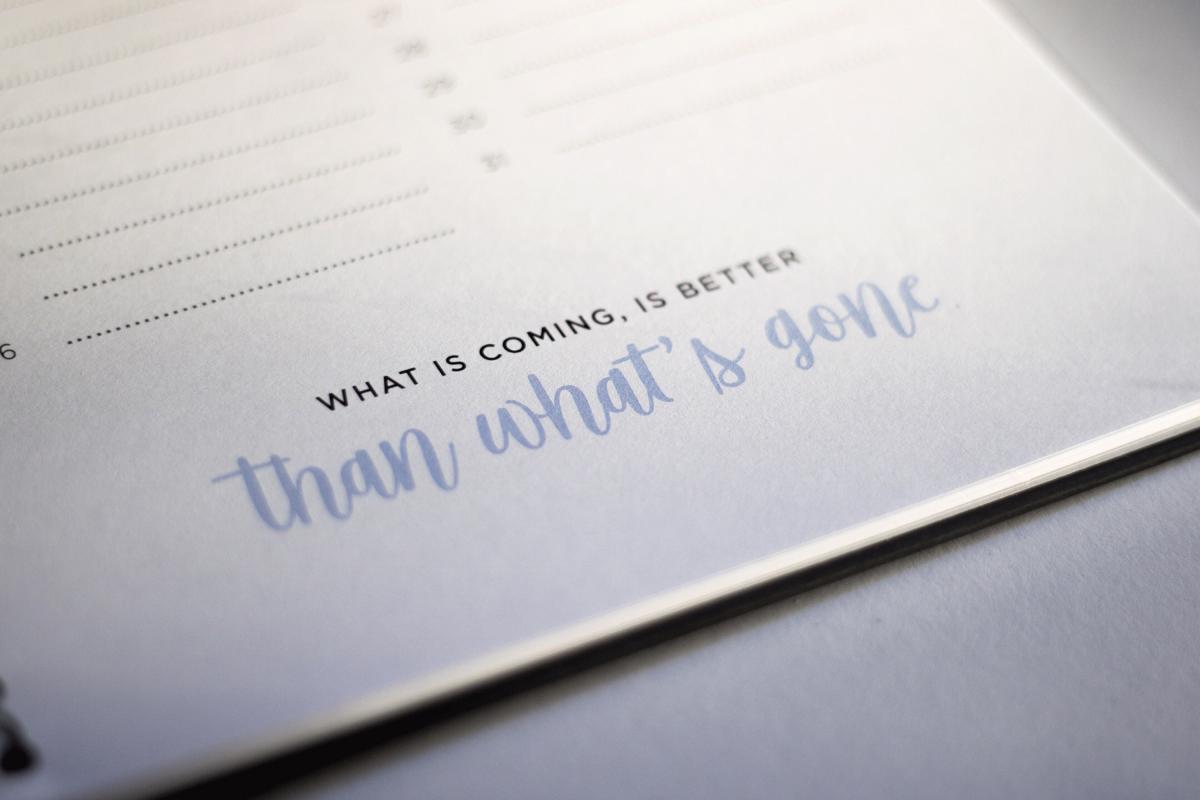
So what to do with it now?
When I finished my thesis defence, there were 15 minutes of happiness. Our study chat went crazy: we could not believe that it was finally over. However, somewhere between a flood of champagne emojis and closing my last zoom conference ever, I lost something. I could not wrap my head around why everything went numb and empty and meaningless. On the day when I was supposed to be celebrating, I just cried alone in my dorm room and tried to understand why I felt that way.
This article is not a story of success. I am still jobless and have no idea what to do next. However, I want to reach out to everyone who feels as lost as I am and is experiencing the so-called post-graduation depression. I hope it will help you understand what you are feeling and why you are feeling it. Maybe we can even find some solutions along the way. One thing I can promise to you though is the camaraderie – you and I are together in this mess.
After all, don’t you feel like the mess is not such a big deal when someone else lives in it as well?
What makes the post-graduation period so bad?
I remember my second year of uni. I just joined ESN and got to meet older students. Full of enthusiasm and lack of questions, I asked the girl finishing her degree:
What are you planning to do afterwards?
The response: “If someone else asks me this question, I will either hysterically laugh, cry, or go throw myself off a cliff.”
I was rather surprised by that reaction, maybe even a little bit offended. When it was my turn to answer this question, I almost mirrored her response. Here is why.

There is no plan anymore
As soon as you learn to speak and walk, you go to kindergarten. Once you’ve been there for a few years and reach a certain age, you go to school. After exams comes university. It totals 20+ years of planned life where you know what happens next after some big stage of your life ends. Until the end of university.
You receive a diploma in the post and the next stage is… Job? Where? How do I get one? Is there an exam that I should be prepared for? Are there any deadlines?
It does not look like the solid plan that you were used to, does it?
These are some things I’ve learnt:
1. The application process is stressful
Sometimes even making a decision to apply is hard. You have to fight through your shyness, knowledge that you do not have enough skills and awareness as all the other applicants with 5+ years of experience. Then you receive too many rejections and it stresses you out even more.
2. Peers seem to have it figured out
There are people who secured a job during university. There are those who have years of experience and can win any job. There is a bunch of people younger than you who have won Eurovision. It just seems like everyone already has their life sorted out. You just have rent due.
3. You lose friends
It was probably one of the most hurtful discoveries I made after graduation. Some people drift apart because they go to other cities. Some of them form intense friendships with colleagues. Then you realise that college was the only shared interest with many. After there are no professors or assignments to discuss, you awkwardly sit there and start talking about films. Or weather.
I was also lucky to finish my degree during the pandemic. I lost half of my friends because of the online environment and never got the chance to meet new people. The people I would have lost were already gone.
So the picture is not pretty: you have no job, no friends, and no plan. Yet, you have lots of free time. You use it for hurting yourself with unkind words and thoughts.
How to make it better?
I guess the first step towards coping with your graduation is to realise that you are not alone. I am living through the same experience as you. And people who have clicked on this article are most likely there or have been there too. It is normal to find yourself in this state after graduation.

The second step? Well, it is about getting your life together as an adult. I tried many tips that suggested a good diet, exercise, and sleeping schedule. (Un)surprisingly, they did not help at all. So here is the list of things that were a little bit more useful.
1. Fill the time with meaningful actions
It turned out that university takes so much time. Even if you have one assignment to finish, you take your sweet time for procrastination. Now you do not have classes or assignments. You can’t procrastinate if you do not have a task. It is called doing nothing apparently.
Therefore, you have to fill your days with something more meaningful than naps and Netflix. Prepare meals, have a sleeping schedule, continue learning, read, pick up sports or hobbies, send applications, learn how to create better CVs. Create an hourly plan to keep yourself from distractions in the beginning.
2. Get a hobby
It sounds absurd to pick up hobbies in your twenties: they belong to children. However, I lost a lot of my hobbies during college due to the lack of time and I was so happy to go back to them. I picked up dancing again (to avoid gyms and jogging) and started to learn the piano which was my childhood dream.
Being an adult with a new hobby is the best thing that can happen. You can finally enjoy things: you are not pressured to be the best or pick up useful hobbies only. It helps you to reduce stress and find friends again. After you will get the job, it will also be a great way to relax and bring more joy into routines.
3. Find friends
Well, thank you, Captain, but how do you find friends as an adult? As it turns out, you just leave the house. Go volunteer, visit small concerts, sign up for classes connected to your hobby, walk in the park, check out Bumble, read in the library, or drink coffee in the same coffee shops. Visit some places regularly enough and you are sure to find someone.
4. Do not reject the jobs before you apply
So you found an amazing job posting. You do not have some skills. You think that it is meaningless to apply since they will reject you anyway. Or your low self-esteem whispers that you do not deserve this position.
This mindset will win you jobs that you will hate. You have lots of time so why not try everything? What is the worst scenario? Getting a rejection? It is either that or getting the dream job (or at least getting through to the next stage). In the case when you gave up on yourself before applying, you lost the chance of the best-case scenario.
Also, it is okay to not have enough skills for some positions. Surprisingly, many companies are ready to invest in your expertise. Nobody will fire you for the mistakes in the beginning too – people are quite forgiving.
5. Realise that you still have time
It is not the end of the world if you did not land a job before graduating. You still have time to win for the rest of this life. You are in your twenties and have at least 35 years to find yourself and achieve everything that you have ever dreamt of. It is just the start, really.

That student I met in ESN has it all right now. I believe that you and I will have it alright too. Just let’s not give up yet. We will wake up early tomorrow and send a bunch of applications for the jobs that we actually like. We will leave our insecurities behind and come up to that cool person in the park. We will pick up hobbies that we wanted to enjoy when we were five.
What is the plan for today though? To fall in love with your bright future, obviously.
